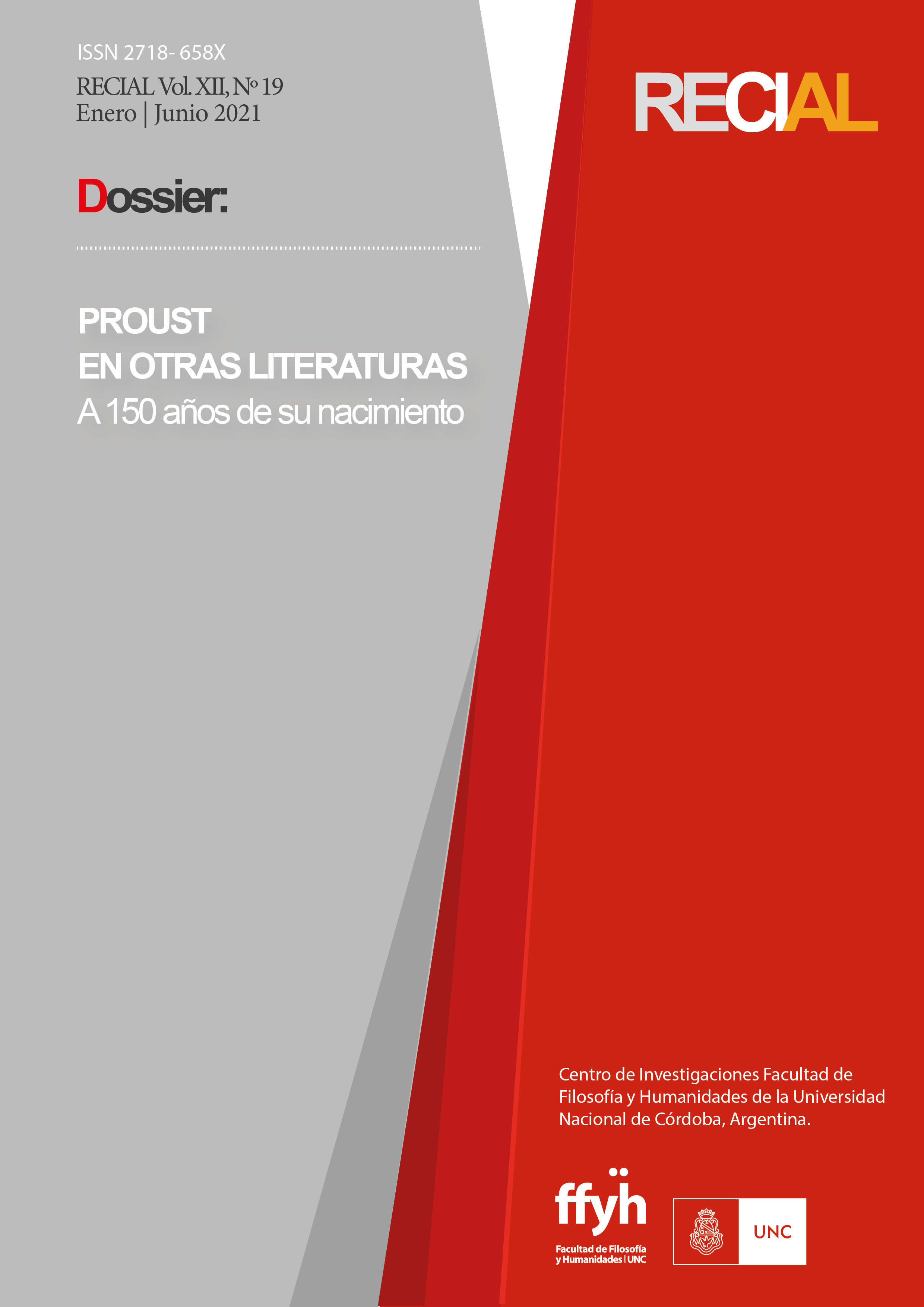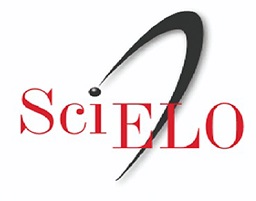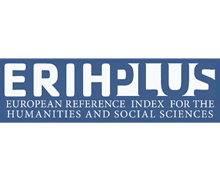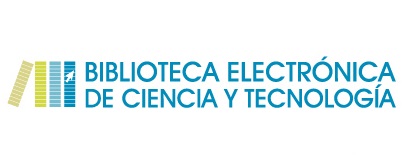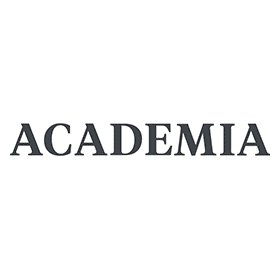A reflection on Habermas’s theory of communicative action and Marcuschi’s theory of textual genres in educational spaces
DOI:
https://doi.org/10.53971/2718.658x.v12.n19.33863Keywords:
Language., Communicative Action., Textual genres., Education., TeachingAbstract
This article presents considerations about the importance of language as an expression of thought in the subjective and social worlds. The objective of this study is to propose reflections of Habermas' Theory of Communicative Action (1997) and language in educational spaces through the textual genres proposed by the Curricular Guidelines of the State of Paraná (2008) based on Marcuschi's Theory of textual genres (2008). This discussion has a multidisciplinary character and affects mainly the area of Education, in an attempt to provoke reflections in teachers and scholars who are interested in language and its product, the text. The methodological approach, from the point of view of technical procedures, is characterized as argumentative of bibliographic character. The theories presented here complement each other and become essential readings for contemporary thinking in education, as well as for the teaching of textual genres.
Downloads
References
ARAGÃO, L.M. de C. (1992). Razão Comunicativa e teoria social crítica em Jürgen Habermas. Rio de Janeiro. Tempo Brasileiro.
COUTINHO, A. (2004). Schematisation (discursive) et disposition (textuelle). In: ADAM, J.
M.; GRIZE, J. B.; BOUACHA, M. A. (Org.). Texte et discours: categories pour l’analyse. Dijon: Editions Universitaires de Dijon.
GERALDI, J. W. (1991). O texto na sala de aula. São Paulo: Editora Martins Fontes.
HABERMAS, J. (1987). Teoría de la acción comunicativa I: Racionalidad de la acción y racionalización social. Tradução de Manuel Jiménez Redondo. Madrid: Taurus.
HABERMAS, J. (1989). Consciência moral e agir comunicativo. São Paulo: Brasiliense.
HABERMAS, J. (1990). O discurso filosófico da modernidade. Lisboa: Dom Quixote.
HABERMAS, J. (1994). Teorías de la verdad. In: Teoría de la acción comunicativa: complementos y estudios previos. 2.ed. Tradução de Manuel Jiménez Redondo. Madrid: Cátedra.
HABERMAS, J. (1997). Teoría de la acción comunicativa: complementos y estudios previos. Madrid: Cátedra.
MARCUSCHI. L.A. (2005). Gêneros textuais: definição e funcionalidade. In: DIONÍSIO, A.
P.; MACHADO, A. R.; BEZERRA, M. A. Gêneros Textuais e Ensino. 4ª Ed. Rio de Janeiro: Lucerna. MARCUSCHI. L.A. (2008). Produção textual, análise de gêneros e compreensão. São Paulo: Parábola Editorial.
PARANÁ. (2006). Secretaria de Estado de Educação. Superintendência de Educação. Diretrizes Curriculares de Língua Portuguesa para a Educação Básica do Estado do Paraná. Curitiba: SEED.
PINTO, J. M. R. (1994). Administração e Liberdade: Um estudo do Conselho de Escola à luz da teoria da ação comunicativa de Jürgen Habermas. (Tese de doutorado). Faculdade de Educação/UNICAMP, Campinas.
Published
How to Cite
Issue
Section
License

This work is licensed under a Creative Commons Attribution-NonCommercial-ShareAlike 4.0 International License.
Aquellos/as autores/as que tengan publicaciones en esta revista, aceptan los términos siguientes:
- Los/as autores/as conservarán sus derechos de autor y garantizarán a la revista el derecho de primera publicación de su obra, el cuál estará simultáneamente sujeto a la Licencia de reconocimiento de Creative Commons que permite a terceros compartir la obra siempre que se indique su autor y su primera publicación esta revista.
- Los/as autores/as podrán adoptar otros acuerdos de licencia no exclusiva de distribución de la versión de la obra publicada (p. ej.: depositarla en un archivo telemático institucional o publicarla en un volumen monográfico) siempre que se indique la publicación inicial en esta revista.
- Se permite y recomienda a los/as autores/as difundir su obra a través de Internet (p. ej.: en archivos telemáticos institucionales o en su página web), luego de su publicación en la revista. (Véase El efecto del acceso abierto).

